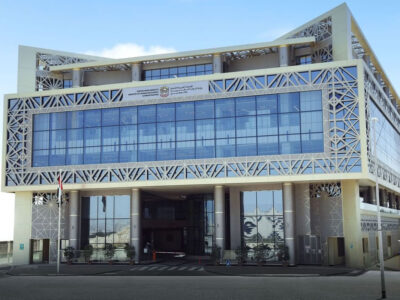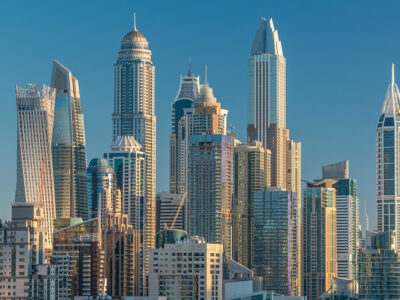New research from LinkedIn reveals that young professionals in the UAE are keen to address climate issues but lag behind other generations in green skills.
The UAE ranks second in the MENA region for green talent concentration across generations, according to LinkedIn data.
However, Gen Z professionals are “underrepresented” in this area. Millennials make up 65 percent of green-skilled professionals in the UAE, while Gen Z accounts for only 15 percent.
Over 50 percent of UAE Gen Z professionals have ‘eco-anxiety’
The study found that 72 percent of Gen Z professionals in the UAE express concern about climate change impacts, with 56 percent reporting negative effects on their mental health, calling it ‘eco-anxiety’.
This concern has led to action, with 59 percent of Gen Z respondents making lifestyle changes to reduce their carbon footprint. In the workplace, 61 percent would consider rejecting job offers from employers with unsatisfactory green policies.
“The impact of climate change is far reaching. Now more than ever, we need multilevel, cohesive solutions that integrate actions from policymakers, business leaders, and employees. Projected to represent over a quarter of the international labor force by 2025, Gen Z professionals are unyielding in their demand for green policies that match their values from their employers and decision-makers. They are becoming increasingly aware of their role in addressing environmental issues. The first step for them is to acquire the green skills that would enable them to do so; an endeavor that would require the full weight of the labor market actors,” Ali Matar, EMEA Growth Markets Leader at LinkedIn said.
Despite their interest, Gen Z professionals face challenges in accessing green careers. Only 3 in 10 Gen Z workers report good awareness of available green roles, and 63 percent believe there’s a lack of green opportunities in the job market.
Only 16 percent believe adequate training is available to them to acquire green skills that would help them compete for these roles, the report said.
Moreover, a significant number of respondents (59 percent) express interest in green employment within the coming five-year period.
This inclination stems from their desire to protect the environment (57 percent), their belief that there are good opportunities in green jobs (51 percent), and the potential for better financial compensation (49 percent).
To address this gap, 62 percent of Gen Z in the UAE say financial support would encourage them to undertake green skills training, while over 50 percent cite employer-driven programmes and government incentives as motivators.
Matar further recommended the following:
- Businesses looking to green their workforce must take a skills-based approach to their talent strategies. This means identifying the skills their business will need to achieve their climate goals, hiring based on these skills rather than just their previous job title or academic qualifications, and implementing tailored and targeted skills programs and on-the-job training to bring in and develop younger workers.
- For younger workers looking to break into green jobs, there are also steps they can take. For instance, strengthening their digital and STEM skills. LinkedIn data shows these will increase workers’ chances of successfully transitioning into green jobs.
- Policymakers will also need to explore how they can forge partnerships to help transition workers into green jobs. And as countries introduce and roll out legislation to curb climate change by allocating funding toward green jobs, they’ll need to consider how to pair these mandates with appropriate levels of workforce training for every generation.








